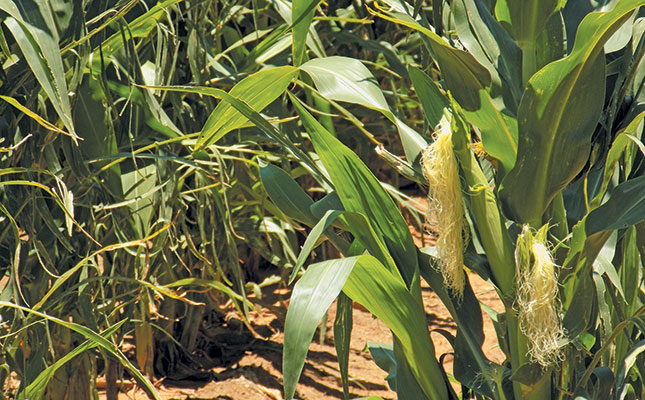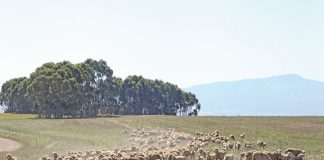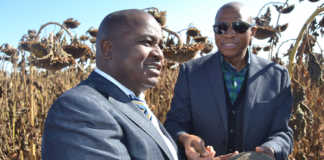
She added that cases of theft had been reported in the Reitz, Bothaville and Fouriesburg areas since early October.
Speaking to Farmer’s Weekly, Buys said the theft of grain seed, maize on the cob, diesel and fertiliser in the province appeared to be the work of well-organised crime syndicates.
READ Understanding a tomato seedling’s instincts
The list of property-related theft was extensive and included copper cables, diesel, farming equipment, livestock, as well as agricultural produce.
“The theft of maize on the cob is a prime example of how a crime syndicate operates. Groups of well-organised syndicate members surreptitiously invade a maize land to pilfer maize cobs. They know exactly what they have to do and where to deliver the stolen maize. The crime is planned in detail and run as a well-functioning business enterprise,” Buys said.
READ Seizing the opportunity in SA’s seed market
She called on farming communities to be on the look out for the suspicious movement of vehicles and people in their areas. In the case of seed, it was clear that the perpetrators were targeting large volumes, Buys said. Hundreds of bags of seed were stolen during these robberies, and many vehicles were needed to rapidly cart away the stolen products.
Jakkals le Roux, chairperson of FSA’s Rural Safety Committee, said indications were that the organised crime rings were operating across provincial borders. He called on the victims of seed theft to report all incidences to the South African Police Service as well as FSA, so that crime trends and patterns could be identified. This was crucial for obtaining an accurate picture of the extent of these crimes.
Buys added that, according to the Prevention of Organised Crime Act (No. 121 of 1998), a crime was categorised as a form of organised crime if it was committed by two or more individuals profiting from such a crime. This referred to persons making a living from the proceeds of crime, or to enrich themselves and others within that group.













